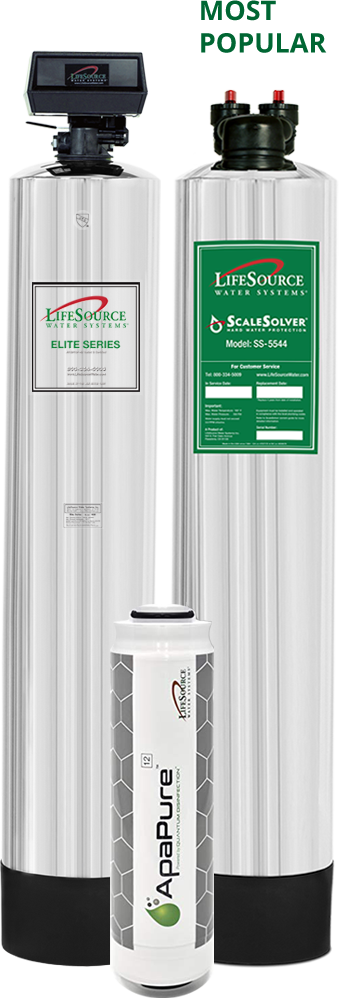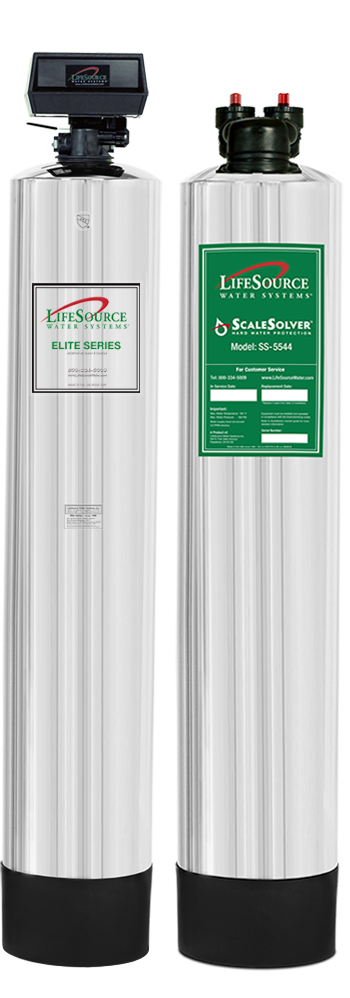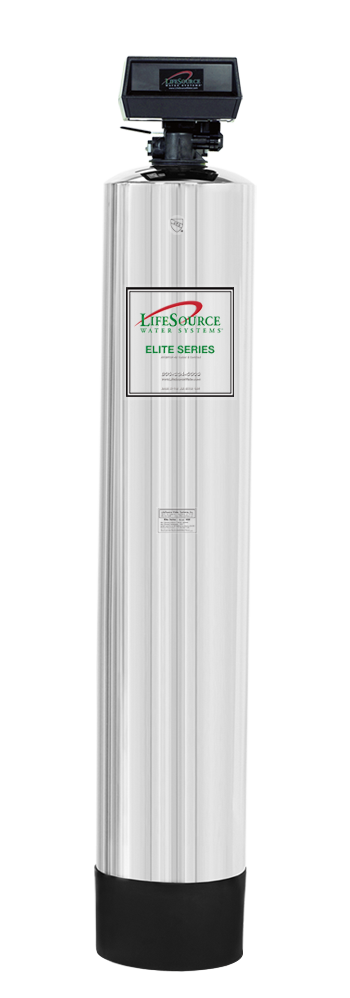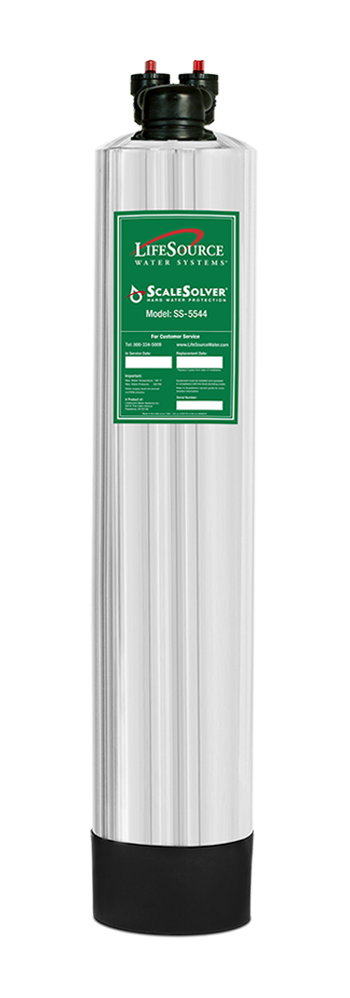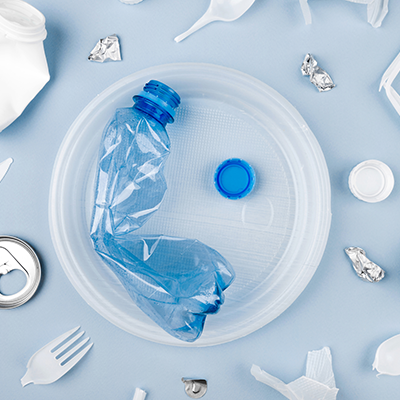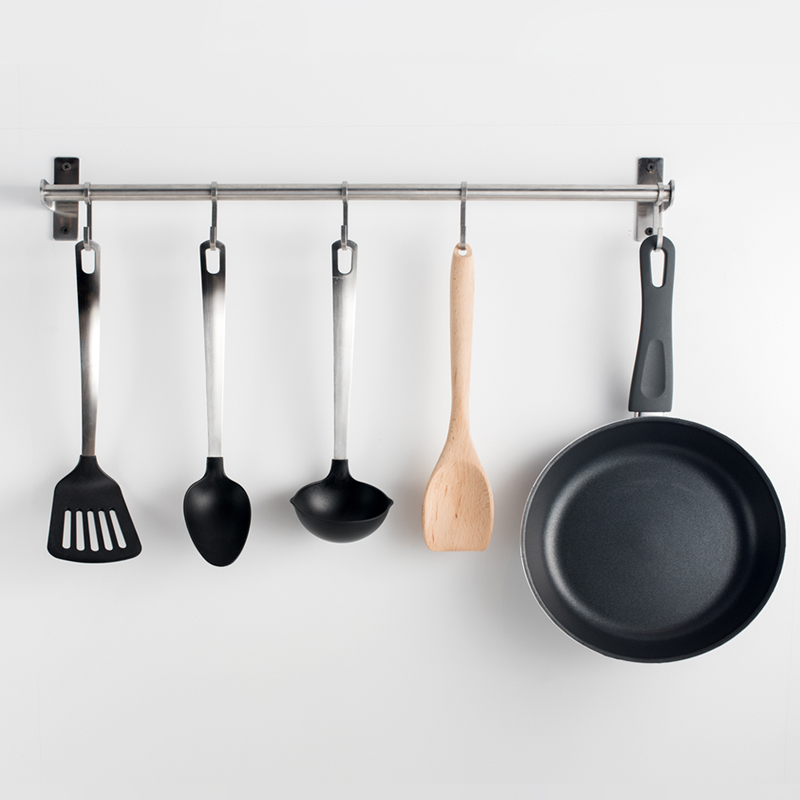
8 Tips Before You Landscape!
Save Water and Money with Eco-Friendly Landscaping!
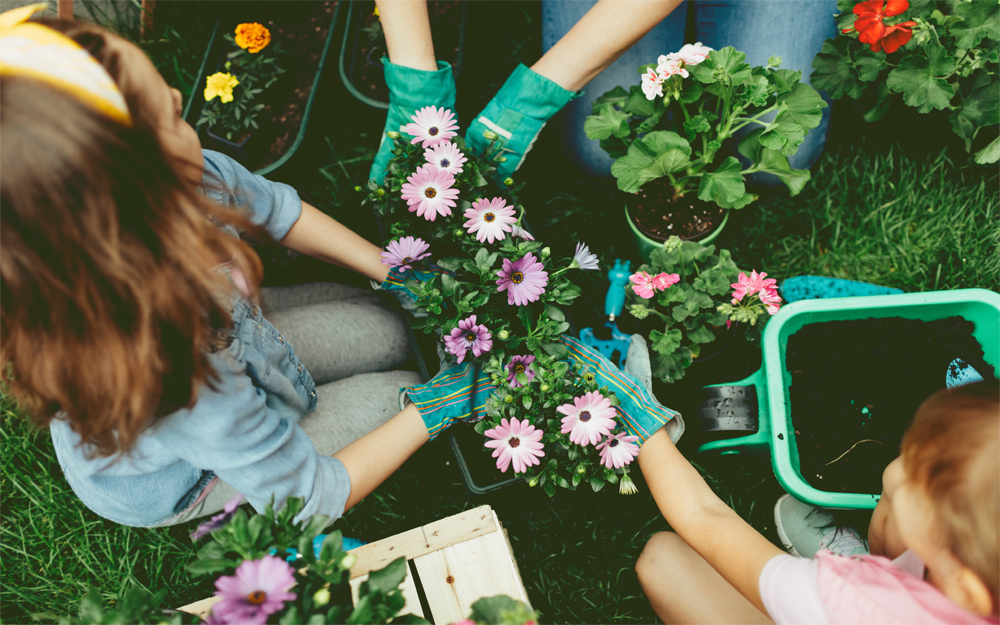
Let’s start with lawns. While I love having a small lawn for hosting parties and playing games, gone are the days of maintaining a large sprawling lawn. When you stop to think about it, lawn maintenance adds up! Lawns are real water guzzlers. It takes around .62 gallons of water per 1 square foot of grass. So if you have a 1,000 square foot lawn it will need 620 gallons of water 2-3 times a week. Not only do lawns add to your water bill, they also cost money in maintenance. I personally hate having to mow the lawn. There’s also the cost of buying fertilizers, pesticides or other lawn care products and equipment. So, whether you’re paying to have it maintained or it’s on your list of weekly chores, it’s a lot to keep up.
I will be the first to admit that my knowledge of plant varieties is limited. What I do know is to increase your garden’s water efficiency, the type of plants you plant is a great place to start. If you live in an arid climate and your garden is full of water hungry plants, you’ll end up using a lot more water. Picking plants native to your area will save you money and time when it comes to watering and maintaining your garden. Native plants are naturally more suited to survive. Adapted to your local climate conditions, native plants generally require less water, fertilizers and pesticides to thrive.
A water efficient landscape for your home can save you money and time. An increasing interest in water conservation has led to the birth of xeriscaping. Xeriscaping is landscaping with plants that reduce or even eliminate the need for supplemental water or irrigation. Xeros is Greek for “dry,” so the term literally means “dry landscape.” This trend is especially popular in areas that are prone to droughts, like California and Nevada. Don’t worry, this isn’t code for rock gardens. Xeriscaping still includes many beautiful plants and flowers.
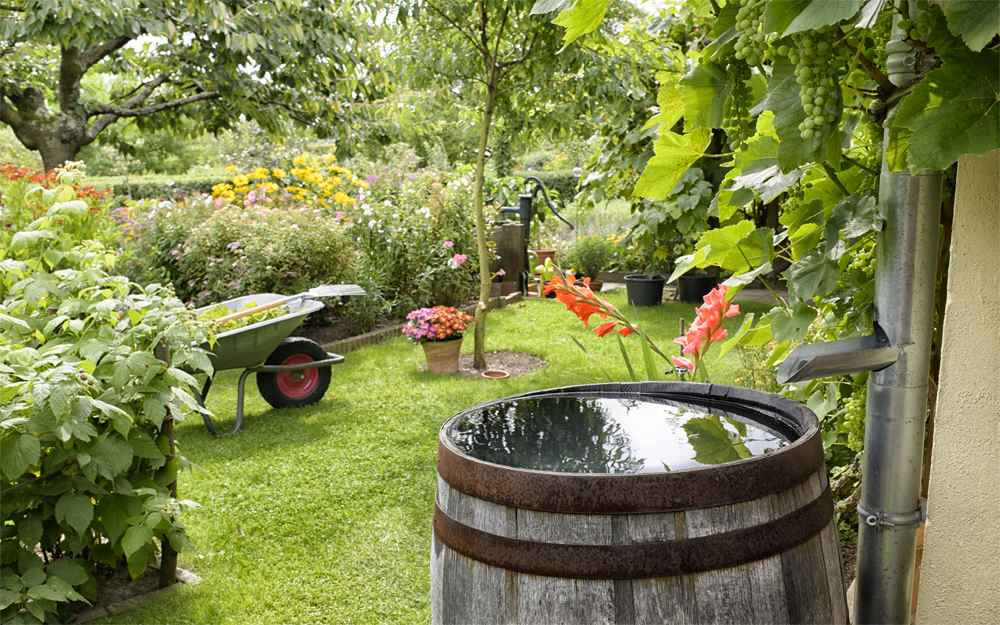
Get the most out of your water! Plants are able to soak up more water before it gets too sunny. When you water in the morning the air is still cool, allowing for more water to be absorbed into the soil rather than evaporating. It’s a good idea to avoid watering at night. At night, not enough evaporation happens, leaving water sitting on leaves which can lead to fungi.
How you organize your garden can also help conserve water. When you plan your landscaping according to how much water plants need, it helps to avoid over watering.
If you live in an area that experiences rainy seasons, try using a rain barrel! Rain barrels collect and store rain water. You can re-use this free rain water to water your garden!
Installing a smart irrigation system is another easy way to save water and time. Smart irrigation systems allow you to better control and adjust the amount of water you use based on weather patterns and plant needs. Some even allow you to create separate zones for different types of plants, so you never over or under water.
We all want quality water in our homes, but how does the type of water system we use impact our garden? Salt based water softeners replace natural minerals with salt ions (salt). The rinse water produced by these water softener systems isn’t potable and can’t be used to water the garden. Salty, non-potable water is also a strain on local water systems because it can’t be recycled and reused by the city for farming.
When you have quality water in your home, your garden can benefit! An eco-friendly whole house water system will give you clean, quality water without using salt. So you can use your system’s rinse water in your garden!

